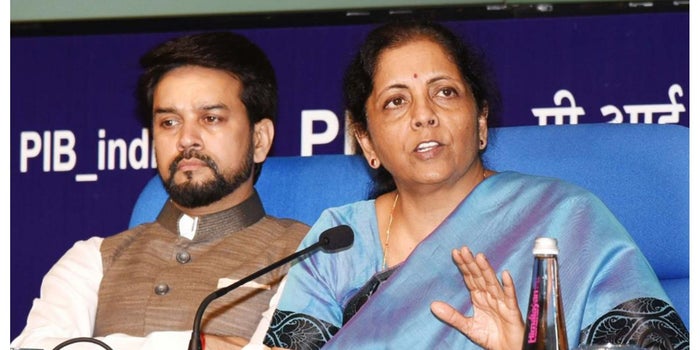 Planning to buy a property!! Beware because not many people are aware of the fact that the flat they are buying is from the landowners share. Generally, landowners get up to 40% share in property which is developed jointly. The main advantage of buying a landowner share is that you can get a discount up to 20% compared to rates quoted by the builder.
Planning to buy a property!! Beware because not many people are aware of the fact that the flat they are buying is from the landowners share. Generally, landowners get up to 40% share in property which is developed jointly. The main advantage of buying a landowner share is that you can get a discount up to 20% compared to rates quoted by the builder.
A JDA (Joint Development Agreement) signed between the builder and the landowners is the most crucial document. JDA should be registered and buyer should thoroughly check the document before signing it. Buyer should also be aware whether he is buying a flat from landowners share or builders share. To be on the safer side, buyers should buy flat from builders share.
But if one is interested in buying a landowner share then they have to be extra cautious. Some of the common points which home buyers should check before buying a property under landowners share are:
1. Flat no. not mentioned in JDA: This is one of the common problems while buying landowners share is that if the builder is constructing 100 flats and out of 100, 40 are of landowners. In most of the cases, only a count of 40 is mentioned in the registered joint development agreement. In some cases, the number of flats won’t be mentioned. Only % share in UDS (Undivided share of land) will be mentioned in JDA. No one is aware how many flats will be claimed by the landowners and how many by the builder. The builder explains that the claimed property is based on the proportion of UDS. It is must mention the count of flats and corresponding flat numbers in registered Joint Development Agreement. For instance, land owners flats are divided among multiple landowners then JDA should clearly mention the flat number and corresponding name of the landowner.
2. Mortgage: The major drawback of under construction property is that it is impossible to find out whether the property is mortgaged or not. In many cases, landowners insist on executing bi-lateral agreement but it not at all advisable to sign any mutual agreement. To protect your interest, you should sign a tri-party agreement between landowner, builder and yourself. This will lessen risk in the entire process. Though associated risk is not completely ruled out but can be decreased.
3. Under paid: As a buyer, if you are making the payment to the landowner then it is advisable to claim on following two clauses in your tri-party agreement with landowner and the builder.
(a) Landowner is selling his property without any pressure from anyone.
(b) Landowner has received consideration at market value, which is individually verified by him before sale.
4. Marketing Rights to the builder: In some cases, the landowner gives the right to sell his flat to a builder. In such case, the landowner cannot sell his share directly. In most of the cases, involvement of landowner is not required for purchase procedure but still, to be on the safer side it is better to include landowner as a party to your agreement with the builder. If the builder does not agree to include the land owner, then you may insist to make landowner at least confirming party in the agreement.
5. Cost Heads: It is advisable to carefully go through all the agreements and specify in your agreement, who will bear the cost under each head. There are various ways to buy a property and endless cost heads are attached to it. For instance, if landowner only received UDS in the project, he has to pay separately to the builder for construction.
6. Legal Heirs: In many Joint Development Agreements, there will be 30-40 people signing as Second Party, this includes kids as well. The reason is to safeguard the financial interest, the builders include all the legal heirs/stake holders of landowners in the Joint Development Agreement. You should identify which all signatories of Joint Development Agreement associated with the landowner from whom you are buying the property while signing your agreement. All the legal heirs and stakeholders should sign in your agreement. This is required to avoid any future clash or claims from legal heirs.
Note: If you are buying a flat from landowner then do take care of following aspects
(a) Sign only tri-party agreement
(b) Payment terms & cost heads should be clearly mentioned
(c) As a buyer, you should take over balance payment from landowner to builder
(d) Last but not the least, never pay upfront money to landowner e.g. 80% paid at the time of signing an agreement and 20% will be paid at the time of registration. Payment terms should be similar to CLP (Construction Linked Plan) of the builder.
Recent Posts




